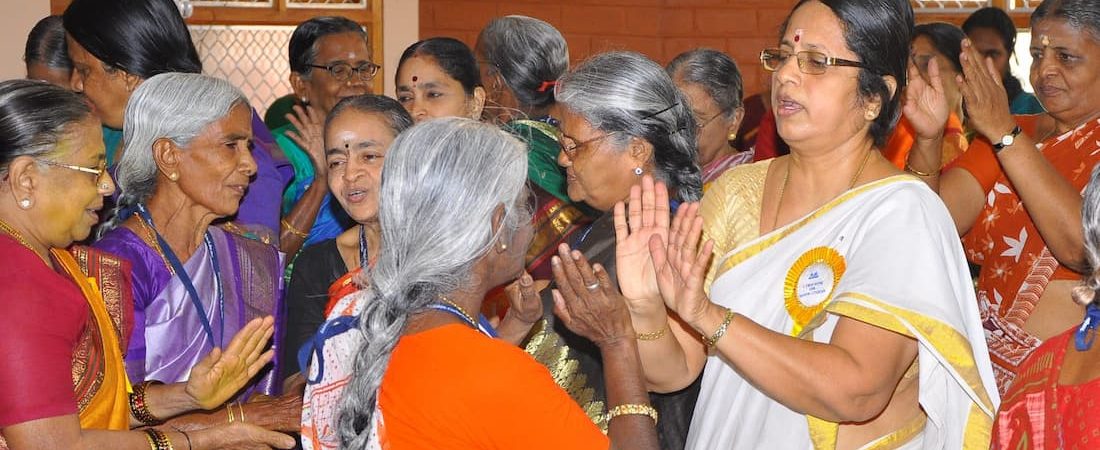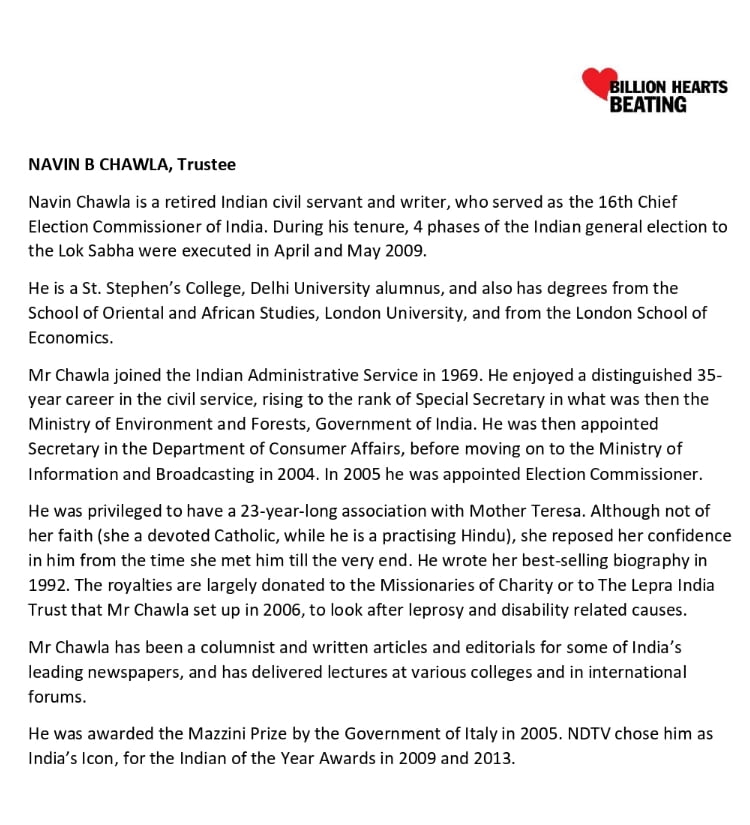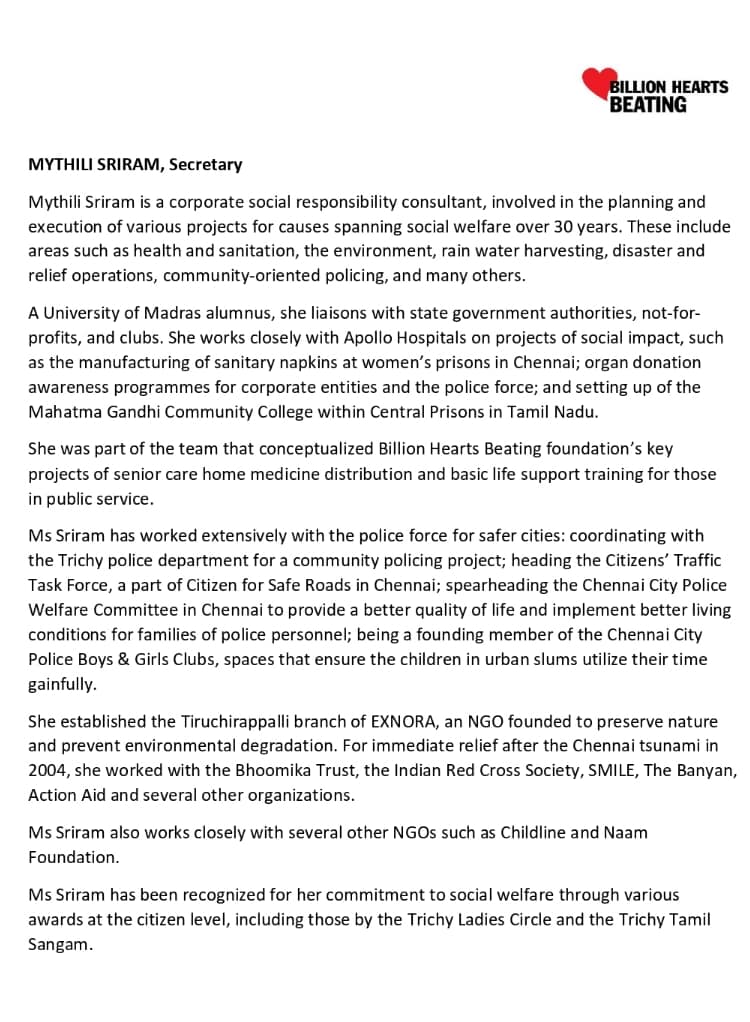
We spoke to women leaders in a few of the senior care homes we support, and found that while they had found freedom, love, and relationships in the work they do, patriarchy is still pervasive
Abha Shukla, 42, heads AiR Humanitarian Hands Homes in Bengaluru, a senior care facility with 130 inhabitants. Today, her parents are proud of her move from Delhi to take up this job, but when she took the decision to pursue a life of service (in which marriage did not feature), they didn’t initially support her.
“Now, they don’t verbalize it, but they talk about my work to friends and family,” she says, adding that “it takes time for loved ones to see that the choices you make are right for you.” With double masters’ degrees in Commerce and Economics and a previous job in banking, Abha runs the administrative and financial aspects of the home.
But what she talks about most is care and compassion. “Men and women both care,” she believes, but women often go an extra step. Abha herself spends a great deal of time listening to the residents of the home, investing herself emotionally. She also talks about the women and men who work at the facility – there are more women at the primary level of care than men. Both do their jobs, she feels, but women communicate better with the seniors and will instinctively stay a little longer if needed.
Perhaps this giving of themselves is an extension of what women do at home and the most common traditional paid work that women opt for. Sunitha Naresh, 42, is warden at Tapasya Senior Citizen Home in Chennai, administered by the Kalaiselvi Karunalaya Social Welfare Society.
Previously a school teacher, she talks about patience and how it was easy to make the transition from primary school teacher to senior care head. “I sing and play with the residents as easily as I did with the children.” Plus, she says, “Women take care of everyone at home, so many of us find it easy to relate to jobs that need emotional involvement.” She doesn’t think the job burns women out because the seniors give back a great deal, much like children do.
The World Health Organization (WHO) says that women form 70% of workers in the health and social sector, but only 25% are in senior roles. “In general, while women deliver global health, men lead it,” it says. The report Delivered by Men, Led by Women, also observes that “…gender inequality in the health and social workforce weakens health systems and health delivery.”
When Ranikrishnan, now 61, started Annai Fathima Trust in Chennai at 18, she remembers the trouble she had just registering the organization, despite the fact that she had support from the office of MG Ramachandran, then the chief minister of Tamil Nadu, in whose office she had worked as a stenographer. Today, she looks after a senior care home with 60+ members and a children’s home, but back then, “I had to wait for 3 years before it got registered,” she remembers.
On the whole work life is different for men and women, says Adilakshmi T, 62, a trustee of Sri Shiridi Sai Seva Trust in Guntur. She remembers working as a secretary in ITC through the day and opting to go to evening college to enhance her education. “Though my husband was supportive, he pointed out that our children would ask for me in the evening,” she says. She quit college after a year. It was a difficult choice to make, and a better education may have helped her establish a bigger set up, but, “I chose my family’s happiness.”
The women at the helm of senior care homes are often able to run the home and connect with the residents. The residents at Anandam: A free home for senior citizens have only good things to say about Bhageerathy Ramamoorthy (second from the right in the featured image), 65, the founder. One senior talks about losing a daughter but finding one in Bhageerathy. Another talks about how she had saved her from the street. Yet another talks about how she is never angry and has only kind words to offer.
Despite this ability to be caregivers and caretakers, “Women are often forced to make a choice between home and work, especially the kind of work that involves big responsibility,” says Bhageerathy, who adds that her home was an exception, where women were often in positions of leadership.
It’s also true that women are penalized far more than men when they make a mistake, says Adilakshmi. “Many women are non-confrontational, whether by nature or nurture, so prefer not to even get into roles of responsibility lest they are targeted,” she says.
What would it take to help reach their full potential? The first step, says Rani, is to “stop making ‘adjustments’”. The second is offer women better access to education that equips them to get paid for jobs otherwise done for free. The third is for more and more women to come out of the home where the care of the elderly is often taken for granted, and into jobs that pay for the same work they do at home.
The Billion Hearts Beating Foundation currently provides medicines at no cost to 151 senior care homes across India, of which 48 have women in leadership positions.
Billion Hearts Beating Foundation is a not-for-profit organization that provides India’s underserved communities with healthcare and health awareness programmes.





